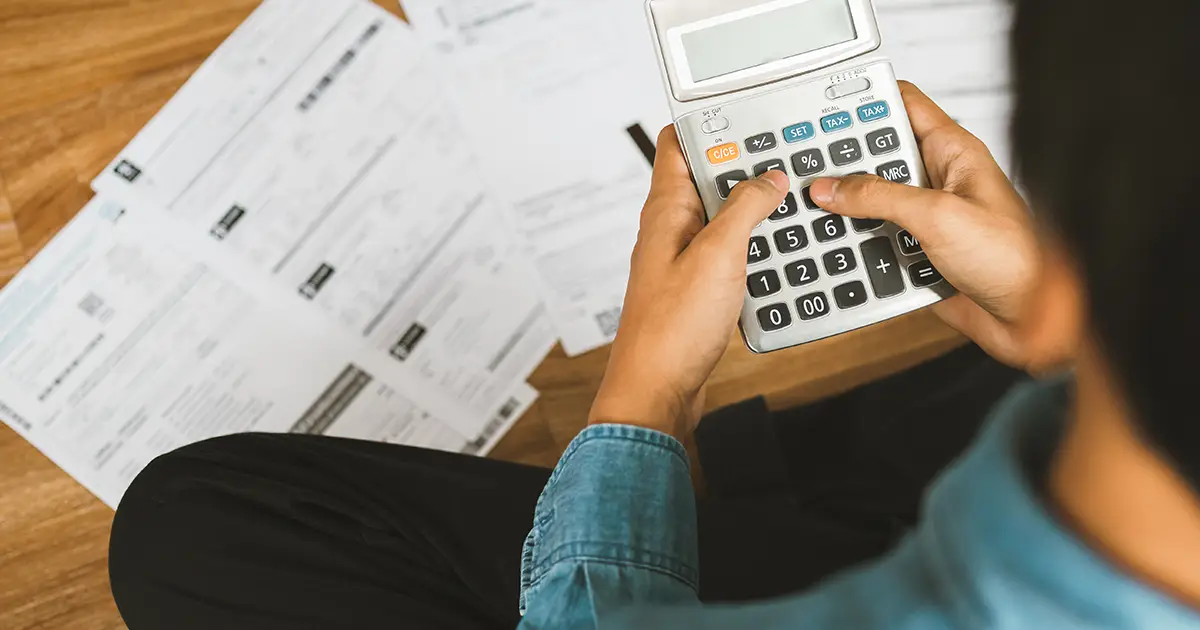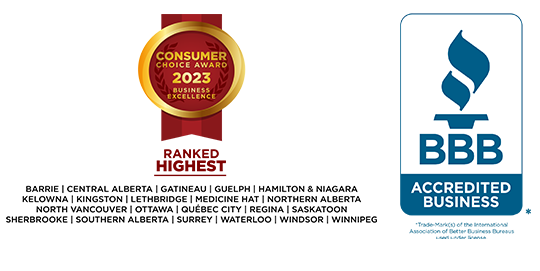What happens if I owe the CRA a lot of money?
2024-04-12 5 minute read
Tax season can cause a variety of different emotions for people in Canada. Some may receive significant refunds — and others may end up owing a significant amount of money to the CRA. It can be a very stressful time for people who owe the CRA a lot of money, as many find dealing with the CRA both intimidating and time consuming.
Owing a large amount of money in taxes can cause uncertainty about your financial future, result in a loss of income, or affect your ability to cover your daily living expenses. In some cases, the amount owing can be insurmountable — leaving individuals to panic over how to deal with the tax debt they owe.
Let’s discuss what happens if you owe the CRA a lot of money and review the options available to help you regain control of your finances.

How does the CRA collect the tax debt I owe?
The CRA has broad powers and a vast amount of tools they can use to collect on the tax debt you owe. If you do not pay on time, the CRA will begin to add interest charges and penalties to your balance starting on May 1.
This can significantly increase the balance you owe — making it very difficult to pay off. For example, the interest rate charged on overdue taxes between the period of April 1, 2024, to June 30, 2024, is 10 percent.
Liens on property
The CRA can also look to put a lien on your property for unpaid taxes if you own property and owe a significant amount of money. A lien is a legal claim to secure payment of debt — and the CRA could force a sale of the property to pay for outstanding tax debts. If you decide to sell the property, the CRA will be paid first after any prior registered mortgage or secured lenders.
Bank account freeze
The CRA can freeze your bank account at any time — without any warning. This can put you in a very difficult financial position as you would not be able to meet any of your other financial obligations or pay for necessities such as food, shelter, and clothing.
Wage garnishment
The CRA also can garnish your wages — collecting them directly from your employer. Your employer must comply and withhold wages if the CRA sends them a requirement to pay. This can be done very quickly, as there is no need for any court orders that regular creditors would be required to obtain.
Withholding federal benefits
The CRA can look to take the unpaid amount owing on your taxes from any federal benefits you were entitled to receive. This includes GST credits, Canada Pension Plan benefits, and the Canada Carbon Rebate.
What are my options if I owe money to the CRA?
It is important not to panic if you find that you owe a lot of money to the CRA. There are options available to help you take control of your financial future. It is important to consider each of these options carefully before you choose the one that works best for your unique situation. These options include:
Negotiate with the CRA
The CRA is willing to negotiate a payment plan for the tax debt you owe — and you can negotiate directly with the CRA collection agent assigned to your file if you choose this option. Many taxpayers end up paying monthly instalments.
However, the CRA may only accept an amount that the individual owing tax debt cannot afford to pay. This option will also not necessarily stop any wage garnishment or other collection tools if the CRA has already started to pursue payment.
Find financing to pay tax debt
You may consider the option of getting a loan to pay off your outstanding tax debt. This may seem like a good idea in theory — however, the banks will not typically lend money to individuals for the purpose of paying outstanding tax owing.
File a formal insolvency option
Filing a Consumer Proposal or Bankruptcy will immediately put a halt to any wage garnishments or other collection methods that the CRA is looking to employ. Debts owed to the CRA are treated the same way as debts owed to any other unsecured creditor in most cases, and the debt will be discharged along with your debt to any other unsecured creditors.
A Licensed Insolvency Trustee (LIT) can help you decide if a Bankruptcy or a Consumer Proposal are the best option to give you a fresh financial start. An LIT can also provide continued support and help you create a plan to ensure you are not at risk for incurring future income tax debt.
Take the next steps
While owing a large amount of money to the CRA can be overwhelming, there are options available to help you pay back what you owe. MNP Licensed Insolvency Trustees can help you understand your options so you can choose the one that works best for your specific situation. Together, we can help you achieve a fresh financial start.

